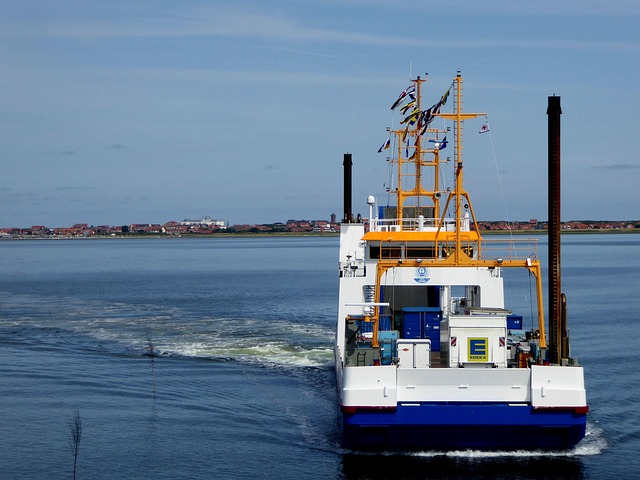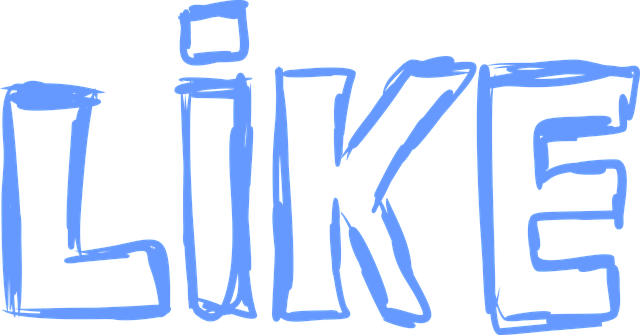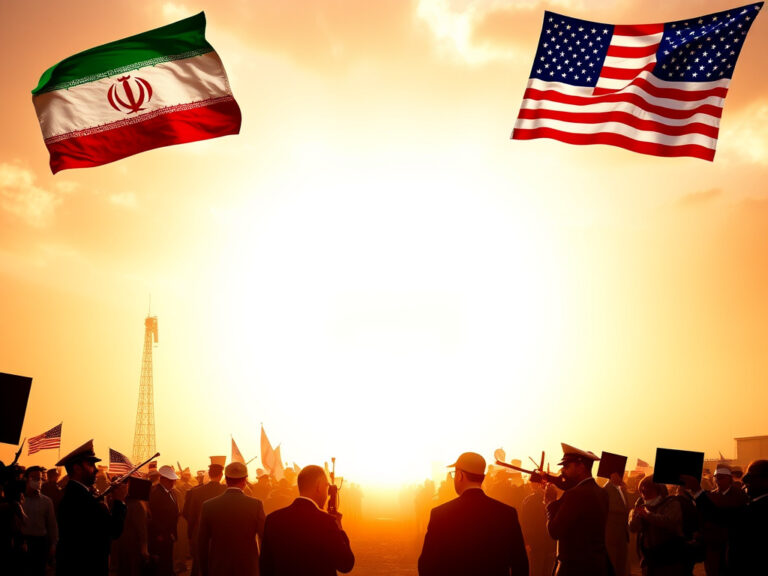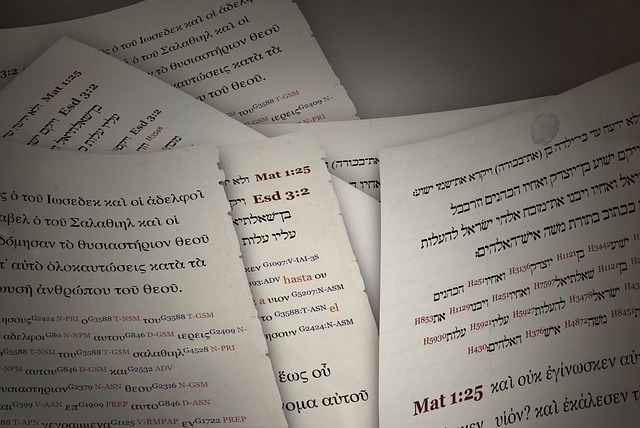
Cultural context understanding is vital for accurate translation beyond word-for-word substitution. Choosing right tools, mastering grammar/vocabulary, balancing cultural preservation with localization, and staying current with trends ensure relevant, precise translations. Professional human translation services are indispensable for precision, capturing idioms, local references, and nuanced contexts. Post-machine translation proofreading ensures accuracy; consider local customs, legal requirements for seamless globalization. Connect with experts for culture-specific expressions to elevate translated materials' effectiveness.
Accurate translation is a delicate art that transcends mere word substitution. To master it, one must delve into understanding the nuances of source language and culture. Leveraging reliable translation tools and services, coupled with robust grammar and vocabulary skills, forms a solid foundation. For complex texts, enlisting professional human translators ensures accuracy and fluency. Rigorous proofreading and editing of machine-translated content are non-negotiable for precision. Remember that effective translate goes beyond words—it captures intent and context.
- Understand the Source Language and Culture
- Choose Reliable Translation Tools and Services
- Master Basic Grammar and Vocabulary
- Seek Professional Human Translation for Complex Texts
- Proofread and Edit Machine-Translated Content Thoroughly
Understand the Source Language and Culture
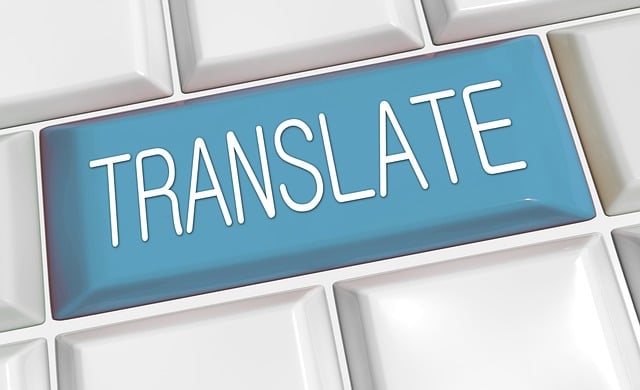
Understanding the source language and its cultural context is a cornerstone in the accurate translation process. Effective translation goes beyond mere word-for-word substitution; it involves grasping the nuances, idioms, and cultural references inherent to each language. This step becomes even more critical when dealing with marketing materials, user guides across languages, or conference interpretation, where cultural adaptation in marketing plays a significant role. By delving into these aspects, translators ensure that the translated content resonates with the target audience, maintaining its intended meaning and impact.
For instance, certain phrases or expressions in one language may not have an exact equivalent in another, requiring creative solutions. Additionally, cultural references can be challenging to convey accurately, as they often depend on shared experiences and context. Therefore, translators must possess a deep understanding of both the source culture and the target market, especially when dealing with SEO considerations for multilingual sites. This level of expertise ensures that the translated content not only communicates the intended message but also finds its place effectively in global digital landscapes, where reusable translated content can significantly enhance online visibility and accessibility.
Choose Reliable Translation Tools and Services
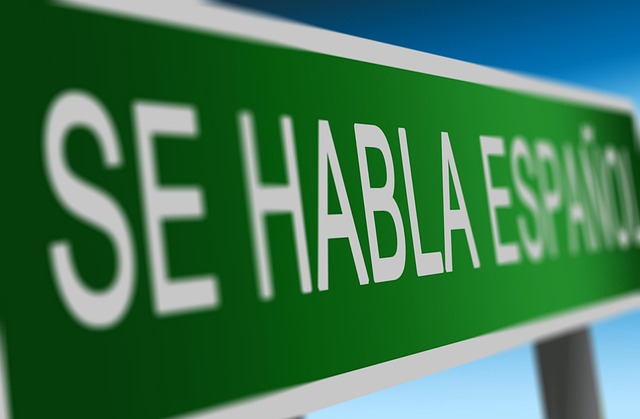
When aiming for accurate text translation, selecting reliable tools and services is paramount. Look for established providers that offer advanced machine translation capabilities, enhanced by human expertise. These hybrid solutions ensure both speed and precision, especially when dealing with complex linguistic nuances. Many reputable platforms employ native speakers to proofread and refine automated translations, guaranteeing grammatical accuracy checks.
Moreover, consider the specific context of your content. For official document legalization or technical hardware documentation, specialized translation services are indispensable. They can adapt their approach to meet industry standards, ensuring every detail is conveyed correctly across languages. Visit us at localizing content for global markets anytime to explore these options and harness the power of professional translation for your diverse linguistic needs.
Master Basic Grammar and Vocabulary

Mastering basic grammar and vocabulary is the foundation for accurate and effective translating. To translate meaningfully, translators must understand sentence structures, idioms, and colloquialisms in both source and target languages. This involves extensive study and practice to ensure a solid grasp of syntax, semantics, and cultural nuances. By building a robust linguistic base, translators can avoid literal translations that may distort the original intent and preserve the essence of the text.
When translating for global audiences, it’s crucial to balance preserving cultural context and targeting specific cultures. Some concepts or expressions might not have direct equivalents across languages. In such cases, a skilled translator uses their expertise to convey the underlying message while adapting to the target language’s natural flow. Moreover, staying updated with current trends and cultural references in both languages helps maintain relevance and accuracy. Utilizing find us at style consistency in translation and translation memory software can also streamline the process, ensuring that terms are rendered consistently throughout a project or across multiple documents.
Seek Professional Human Translation for Complex Texts
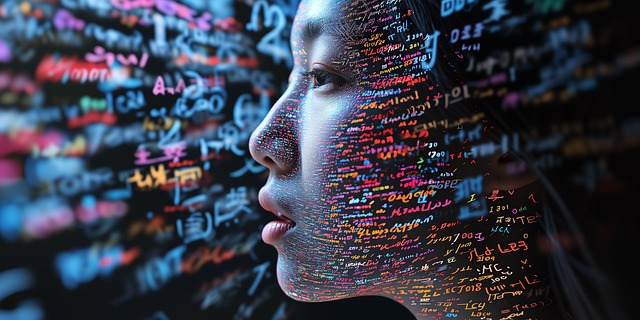
When dealing with complex texts that require precision, nuance, and an understanding of cultural subtleties, relying on professional human translation services is paramount. While real-time translation tools have advanced significantly, they often struggle with idiomatic expressions, local references, and preserving cultural context—elements crucial for accurate translation.
For heritage documentation or accessing global knowledge through language immersion, a skilled translator is indispensable. They not only translate words but also ensure that the essence, tone, and intent of the original text are conveyed effectively in the target language. Visit us at proofreading and editing anytime to ensure your translated materials are flawless and culturally sensitive.
Proofread and Edit Machine-Translated Content Thoroughly
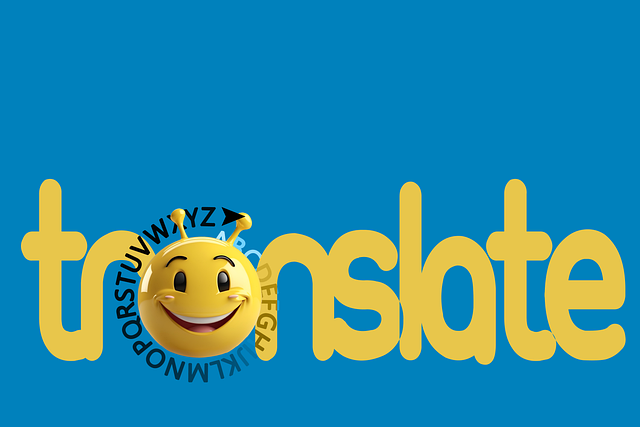
After using machine translation tools to convert text into another language, it’s crucial to proofread and edit the content thoroughly. Machine translations can be accurate, but they’re not perfect. Even the best AI translation models sometimes struggle with nuances in language, idiomatic expressions, or cultural references. Therefore, human review is essential to ensure the translated text conveys the exact meaning of the original content.
Consider the context, local customs, and legal requirements, especially when translating official documents for globalization or localization purposes. Accessing global knowledge through language immersion can help translators grasp these subtleties. For instance, if you’re localizing content for global markets, give us a call at International Business Communications to discuss how our expertise in culture-specific expressions in translation can enhance the quality of your translated materials.
Accurate translation goes beyond words; it bridges cultures and fosters global understanding. By embracing these strategies, from cultural comprehension to leveraging professional services, you can ensure your text is not just translated but seamlessly integrated into new languages. Remember, the key lies in a combination of technology and human expertise, making the process efficient while preserving precision. So, whether you’re translating for business, literature, or personal connections, always strive for quality and authenticity in your translate efforts.
